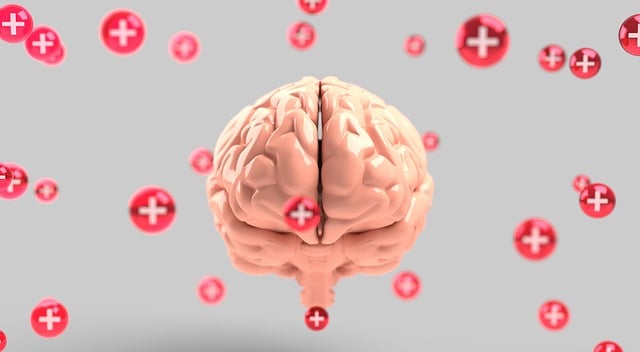Depression prevention through Longmont Abuse Survivors Therapy (LAST) involves identifying triggers like trauma, stress, genetics, and environment. LAST promotes emotional well-being with mindfulness meditation and reduces stigma through awareness campaigns. Building resilience through coping mechanisms like exercise, mindfulness, deep breathing, and social support is key. Learning healthy emotional expression, setting boundaries, and crisis intervention guidance equips individuals to cope during difficult times. These strategies, tailored to address societal pressures and personal health issues, are implemented for optimal efficiency in treatment and broader care implementation.
- Understanding Depression and Its Triggers: A Foundation for Prevention
- Building Resilience: Coping Mechanisms and Self-Care Practices
- Longmont Abuse Survivors Therapy: Navigating Recovery and Preventing Relapse
Understanding Depression and Its Triggers: A Foundation for Prevention

Depression is a complex mental health condition that impacts millions worldwide. Understanding its triggers and underlying causes is a fundamental step in prevention strategies. Longmont Abuse Survivors Therapy (LAST) recognizes that depression often stems from various factors, including traumatic experiences, chronic stress, genetic predisposition, and environmental influences. By recognizing these triggers, individuals can begin to build resilience and implement effective coping mechanisms.
Promoting emotional well-being is a key aspect of prevention. Techniques such as mindfulness meditation have been shown to reduce symptoms of depression by encouraging present-moment awareness and fostering a sense of calm. Additionally, public awareness campaigns can play a vital role in education and reducing the stigma surrounding mental health issues, prompting individuals to seek help earlier. LAST emphasizes that early intervention and ongoing support are crucial in preventing the progression of depression and enhancing overall emotional resilience.
Building Resilience: Coping Mechanisms and Self-Care Practices

Building resilience is a key aspect of depression prevention, especially for individuals who have experienced trauma or abuse, such as those seeking Longmont Abuse Survivors Therapy. Coping mechanisms and self-care practices are vital tools to navigate life’s challenges. By implementing effective strategies, one can enhance their ability to bounce back from difficult situations and maintain mental well-being. These include engaging in regular physical activity, which releases endorphins, improves mood, and reduces stress—a common trigger for depression. Mindfulness meditation and deep breathing exercises are also powerful techniques to manage anxiety and promote calmness.
Additionally, cultivating a supportive social network is essential. Connecting with understanding friends or joining support groups can provide a safe space to share experiences and gain different perspectives. Learning healthy ways to express emotions and set boundaries is crucial for stress reduction methods. Crisis intervention guidance can equip individuals with immediate tools to manage intense feelings, ensuring they have the resources to cope during challenging times.
Longmont Abuse Survivors Therapy: Navigating Recovery and Preventing Relapse

Longmont Abuse Survivors Therapy (LAST) is a specialized program designed to help individuals navigate their journey from survival to recovery and ultimately prevent relapse. This therapeutic approach recognizes that healing from past trauma, such as abuse, is a complex process that requires tailored support. LAST focuses on empowering survivors by providing them with essential tools to manage their mental health effectively. Through individual therapy sessions, participants learn coping strategies for dealing with depression and anxiety triggered by traumatic experiences.
The program also emphasizes the role of public awareness campaigns and healthcare provider cultural competency training in promoting emotional intelligence and understanding within the community. By increasing awareness about trauma and its impact on mental health, LAST aims to reduce stigma and encourage early intervention. Moreover, educating healthcare providers to be more culturally sensitive ensures that survivors receive appropriate care tailored to their unique needs, fostering a supportive environment for long-term recovery and preventing future relapses.
In conclusion, preventing depression involves a multi-faceted approach. Understanding its triggers, building resilience through coping mechanisms and self-care practices, and seeking specialized support like Longmont Abuse Survivors Therapy are key strategies. By implementing these measures, individuals can navigate their mental health challenges effectively and foster long-term well-being.












